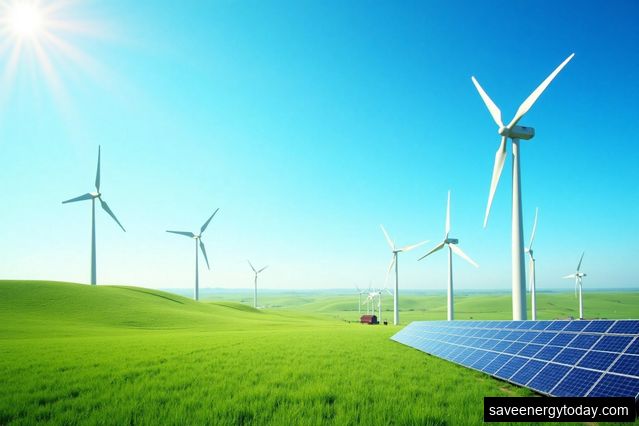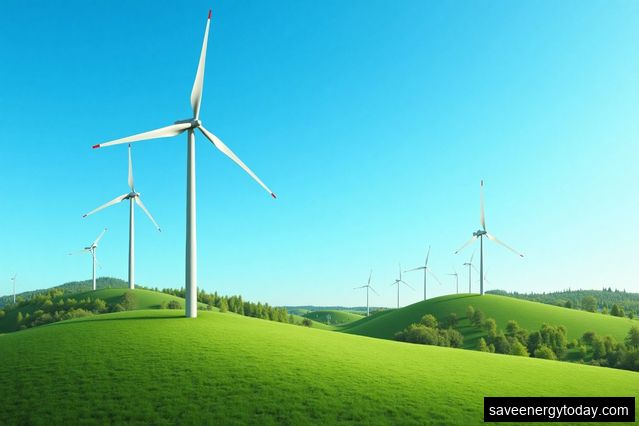Harnessing the Power of the Sun
Solar energy is one of the most abundant and accessible sources of renewable energy. By installing solar panels on rooftops or in open spaces, we can convert sunlight into electricity. This clean and sustainable energy option not only reduces our carbon footprint but also helps homeowners and businesses save on their energy bills.
Advancements in Solar Technology
Over the years, solar technology has significantly evolved, making it more efficient and affordable. Innovations such as thin-film solar cells and solar concentrators have expanded the possibilities of harnessing solar power. Additionally, the development of energy storage systems has made solar energy available even during non-sunny periods, ensuring a steady and reliable power supply.
Utilizing the Power of Wind
Wind energy is another viable option for generating renewable electricity. Wind turbines capture the kinetic energy of the wind and convert it into usable power. Wind farms, both onshore and offshore, are increasingly becoming a common sight as countries aim to reduce their reliance on fossil fuels and transition towards cleaner energy sources.
The Benefits of Wind Energy
Wind energy offers numerous advantages. It is a clean and sustainable source of power that produces zero greenhouse gas emissions and helps mitigate climate change. Additionally, wind farms create job opportunities and contribute to local economies. The cost of wind energy has also significantly decreased in recent years, making it more competitive with traditional forms of energy.
Tapping into the Power of Water
Hydropower is one of the oldest and most widely used sources of renewable energy. It involves harnessing the energy from flowing or falling water to generate electricity. Dams and reservoirs are constructed to capture and control the water's energy, which is then used to turn turbines and produce power.
The Advantages of Hydropower
Hydropower offers several advantages. It is a reliable source of energy since water flow can be regulated to meet demand. It also provides essential services such as flood control and irrigation. Hydropower plants can be built at various scales, from large-scale dams to micro hydropower systems, making it a versatile option for different regions and communities.








